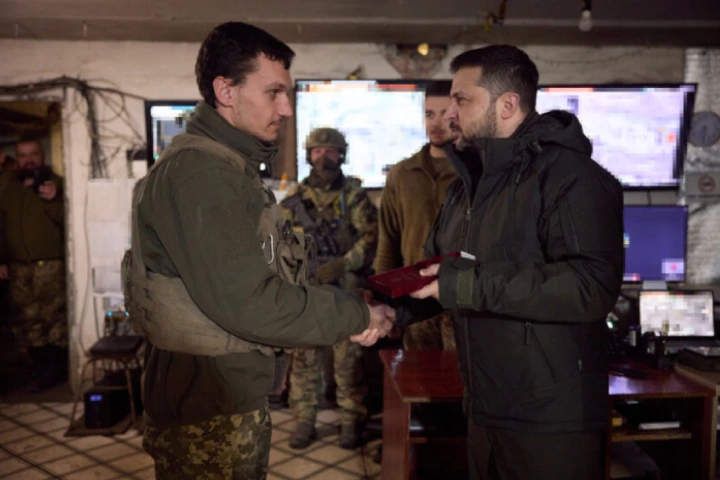“I don’t know if 2024 will be the last year of the Russia-Ukraine conflict.” That blunt prognosis by Russian academic Fyodor Lukyanov, research director of the Foundation for Development and Support of the Valdai Discussion Club, a Moscow-based think-tank, showed Russia’s determination to continue the conflict till its aims had been met.
He said Russia wished for the conflict to be over soon, but there could be no “temporary solutions.” Moscow needed a Ukrainian state that was not anti-Russia. This, he said would involve both a change in regime and ensuring that Ukraine had “limited military and geopolitical capacity. President Putin wants to achieve these goals by any means,” Lukyanov stressed during an on-camera interview with StratNews Global.
In his view, the India-Russia relationship had been exemplary. Historically, there was no other country with which it had a better relationship and while the relationship with China was close, there had been conflict in the past. This had never been the case with India.
“We have a legacy but now we need to build something new. Strategically we already have a lot in common so the focus areas now should be the economy and technology. India is strong in high tech as is Russia so we need to see if we can work together on these areas,” said Lukyanov.
Incidentally, the Valdai Discussion Club along with Indian think-tank the Vivekananda International Foundation (VIF) are working together to come up with a ‘Vision Document’ where practical measures for enhancing cooperation will be detailed.
“We are aware of India’s concerns regarding Russia and China which is understandable given the relationship between India and China. But at the same time, we are trying our best to explain to our Indian friends that a relationship with China is indispensable for Russia. Not just because of the crisis with the West but also because if you have such a strong and promising neighbour, it would be stupid not to engage in a serious relationship.”
Also asked if Moscow had reservations about India’s relationship with the US, he said “There are discussions in Russia and there are certain people who are not happy about this. But the “severe moment” where Russia was nervous about this is over. We have started to understand that any country will try to diversify relationships and use the opportunities that are opening up in the new world order.”
He described today’s geopolitical situation as a “world of disorder” where existing binaries and alignments would cease to exist. Nato, to some extent, had remained an alignment that had lasted but it remained to be seen how long it would remain so. Another noticeable trend was the erosion of power and credibility of the United States where countries such as Turkey who were once very loyal to the US were slowly moving away. Today, key followers of the West such as Turkey, the Gulf monarchies, African and Southeast Asian nations were looking to be flexible because they had seen the limits of the US’s ability to influence events in the war in Ukraine and on hurting Russia’s economy through sanctions.
Incidentally, Russia’s GDP is expected to defy expectations and grow at 3.1% this year. The view is “the current situation (in Moscow) is better than it was one year ago. The economy is doing well, and Russian society has remained positive,” said Andrey Bystritskiy, chairman of the Foundation for Development and Support of the Valdai Discussion Club.
(The story is being republished courtesy StratNews Global)




















